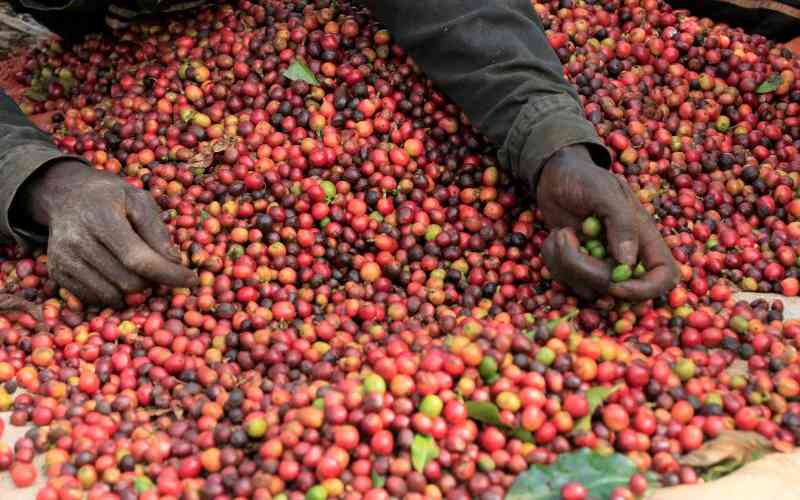×
The Standard e-Paper
Kenya’s Boldest Voice

A year has just passed since the coffee reforms commenced. At this juncture, I must say that it is not the first time we have witnessed coffee reforms in Kenya. Reforms are almost daily business in the coffee sector. Every day the players, especially the farmers, are agitating for change. I hope that at the end of the day, we will witness a robust sector that is self-driven without necessarily relying on the government for waivers, subsidies, changes etc.







